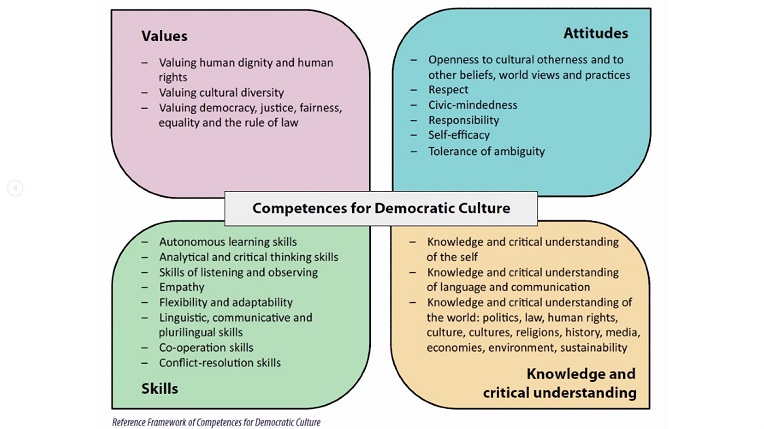When you are learning a new language, it can be difficult to know where to start. The best way to make sure you do not spend too much time on unproductive studies is to develop a plan and stick to it. Getting stuck and not knowing what to do next may lead to never learning a new language. In this article, we’ll discuss some key strategies for starting to learn a new tongue.

The first step in learning a new language is to find words that you already know. While this may seem daunting, many languages have lists of words that you already know. The only difference is the pronunciations. The word hospital remains hospital in Spanish, while fish is pronounced the same in German and Japanese. The same goes for everyday items, such as coffee, tea, and fruit. It’s better to start with the most familiar words and learn them as you progress.
After you have made a plan, you can start with some basic vocabulary. If you’ve never studied a language before, you should start with the alphabet. Then move on to the vocabulary. The vocabulary list might not be that long or difficult, but it’s a good place to start. You can always learn new words later, and your vocabulary will grow over time. It will also help to practice listening to native speakers of the language.
The first step in learning a new language is to build your vocabulary. Get acquainted with the most common words that people in the target country use on a daily basis. You can also begin by learning simple phrases that can help you in achieving your goals. One of the most basic first words you should learn in a new language is greetings and farewells. When learning a foreign language, it’s important to keep the motivation level high. It’s easier to become fluent when you have a strong motivation.
Once you have established a good vocabulary, you can move on to the next step of learning the language’s grammar. This is the most important part of learning a new language. If you’re a beginner in a foreign tongue, you can start with vocabulary from the alphabet, as this is the most useful and helpful thing to learn first. If you want to learn a new language, it’s important to know its basic syntax and grammatical rules.
Once you’ve learned the basics, the next step is vocabulary. It’s important to have a good reason to learn a new language. You will find it easier to become fluent if you have a compelling motivation to study. You’ll also be able to remember the new words you don’t understand. This is the most important part of learning a foreign language. If you don’t have the time to learn the basic vocabulary, start studying the alphabet.
While you’re learning a new language, you should start with the alphabet. It’s a good idea to learn the alphabet’s basic rules before you move on to more complex ones. Afterwards, you should focus on a few key phrases. Once you’ve learned the basics, you can move on to other topics. You’ll also learn the language’s grammar. In this case, you should be able to learn the words that are used by native speakers.
When you’re learning a new language, you should also learn the basic words and phrases. Having a good vocabulary will help you get by with a new language. The more common words and phrases, the easier it will be for you to communicate with people. If you’re able to use a few of these words, you’ll be able to get by. In addition, you can learn the basics of a foreign language by mastering the most important words and phrases.
The most important part of learning a foreign language is building your vocabulary. You need to learn the basic words and phrases that are used on a daily basis by native speakers of that particular language. By learning these basic phrases, you can achieve your goals in the future. So, what should I learn first in a new language? Once you’ve mastered the basics, you can start working on more advanced vocabulary and speaking more conversationally with the people in the country.



